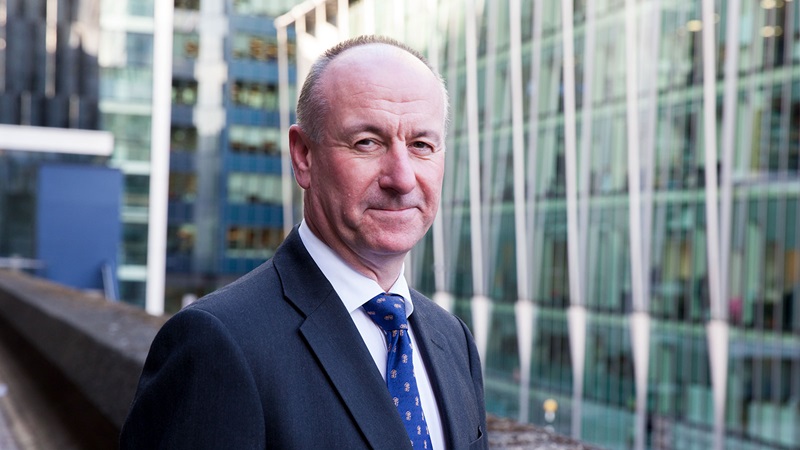
Associate Director, Major Programmes, Consult, UK
How did you get into construction?
Well I didn’t take a traditional route. After studying business and finance, and then law, I worked in shipping and trading for four years. When the business dissolved I, quite randomly, ended up running an agriculture show ground which then led to a role at Ascot. Over a number of years I ran all the race days before playing a major role during the redevelopment of the venue, which was my first taste of construction.
What big projects have you worked on at Mace?
I acted as Consultant to the Head of Venue Management at the Glasgow 2014 Commonwealth Games, then moved to a similar role at the Baku 2015 European Games. In 2014 I worked with Wembley Stadium to revise operational plans for events and more recently worked as a readiness consultant on the development of Tottenham’s new football stadium.
Since 2012 I’ve additionally been providing consultative expertise to the long-term planning, development and management of Queen Elizabeth Olympic Park. I supported the London 2017 World Athletics Championships and I’m now advising Peru on the construction of the venues necessary to host the Lima 2019 Games.
What do you enjoy most about your role?
The challenge and the responsibility. When it comes to events, deadlines can’t be moved. You have to make a lot of decisions and stand by them. The key thing is to make sure that the project keeps moving forward and the entire team remains focused on the end goal.
What motivates you?
Working on something that is far more than a building but is about creating lasting benefits that give communities opportunities, inspire people and bring them together. Sports facilities in particular have a unique way of doing all that but all too often people become fixated on the venues or surrounding buildings and not on the overall objective to deliver experiences and bring about strategic change.
What skills do you need to be successful?
You need to have an open mind and be flexible in your approach. There are key processes that keep projects on track, knowing what they are just comes from experience, but every project I’ve ever worked on has had unique challenges and you have to be ready for that from day one.
What is your greatest career achievement to date?
My involvement in the development of UCL East as it represents the culmination of a long term involvement in the regeneration of the East End of London. It’s the university’s new campus on Queen Elizabeth Olympic Park – 160,000sq m of teaching facilities and student accommodation. It means a lot to me because of the opportunities that it will give to students and the local community – it’s the next chapter in Mace’s hugely successful involvement in London 2012.
What do you enjoy doing in your spare time?
I really like art. I do a bit of watercolour painting and I have a passion for collecting art. I have a modest collection of oil paintings, etchings, glass and ceramics.
What might you have done if you hadn’t got into this line of work?
That’s a good question. I enjoyed learning about law and I used to really enjoy acting so perhaps I would have been a barrister. Between the ages of 18 and 21 I had a summer job at a magistrate’s court. I quite enjoyed it but I doubt it would have led to such an interesting and varied career as I have had.
Associate Director, Major Programmes, Consult, UK
